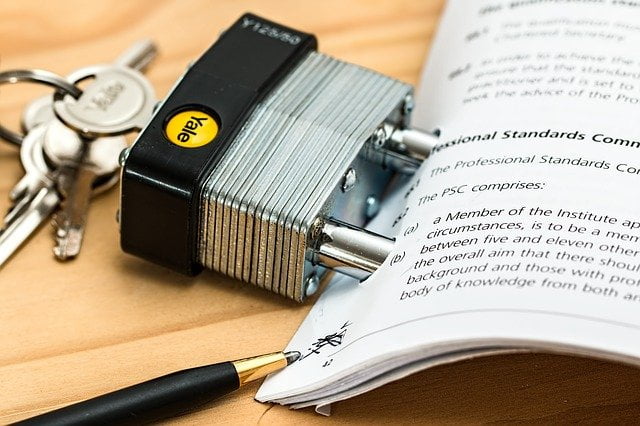Raise your hand if you’ve ever bought a warranty that wasn’t worth the paper it was printed on. No shame. It’s an easy trap to fall into, especially in a world where warranties are seemingly ubiquitous. From cars to houses to even relatively minor purchases like TVs and vacuum cleaners, offers of protection plans are plentiful.
Sure, you know a car dealer will try to sell you an extended auto warranty. And when you purchase a home, you will likely get the same offer. How can you tell when you should pony up and when you shouldn’t? Read on to learn how to determine whether a warranty is worth the money.
1. Research What You Are Purchasing
The first step in determining whether a warranty is worth considering is to do some research. What constitutes adequate research will depend on what you are purchasing.
If you are buying a new car, you’ll want to learn what owners are saying about the longevity of the vehicle and its parts. You’ll also want to know whether the car’s cost of repairs is below or above average. That way, when you drive it off the lot, you won’t regret your decision to either get or not get the extended auto warranty.
For smaller purchases, such as home appliances and electronics, consult friends and family members who have purchased the same make or model. Also, search the internet for reviews and testimonials on multiple sites to get a better sense of what you are purchasing. While there will always be an outlier or two, chances are that multiple reviewers will have had the same general experience. If pricey repairs are common, you may want to purchase warranty protection — or a different product altogether.
Finally, know what you are expecting from your purchase of the product. If this item is an interim purchase that you plan to upgrade in the future, then you may want to forgo a warranty. However, if you’ve saved all your pennies to purchase the product, then a warranty could provide valuable peace of mind. You’ll be covered if your scrimped-for purchase should experience unforeseen damage.
2. Know What Is Being Covered
Now that you’ve researched the advisability of a warranty for your purchase, it’s time to look at the warranty itself. Some warranties only cover parts or only labor. Depending on what you are buying, a warranty that doesn’t cover both parts and labor may not be worth it. Another tip is to go to the brand’s website and see whether they offer a manufacturer’s warranty. If you register the product, you may save some money this way.
Another loophole to watch out for is coverage limitations. Some warranties will only service or repair the product, not provide a new one. For items such as smartphones, this may be fine if the problem that arises is simply a cracked screen. These can often be fixed easily by bringing the phone to an authorized repair location.
You may want to reconsider, however, if you are purchasing something like a coffee maker. Do you really want to ship off your small appliance and wait an undetermined amount of time before you’re in the java-brewing business again? A warranty may not be worth the cost and trouble if the product itself is only going to get repaired. A brand-new model is more likely to put your coffee-jonesing mind at ease.
3. Assess and Compare the Cost
The last step in your decision-making process is to assess the cost of the warranty to the cost of the actual product repair or replacement cost. According to the Service Contract Industry Council, warranties typically run 10%-20% of the product cost. Anything more than 20% is outside of the norm and is a red flag.
Extended warranties may be appealing at first, but are they worth the cost of buying them — and the hassle of using them? Are you going to dig out a warranty you purchased years ago for something like a pair of headphones? Likely not.
So think about the final cost of the product and how much it may be to either repair or replace it. Chances are replacing the item when it finally breaks will cost less than the cost of coverage over the intervening years. For a product like headphones, you may want to upgrade to a newer version anyway.
It’s also worth considering how you plan to use the product. For example, a warranty for a new laptop may be worthwhile if you know you’re going to be lugging it to and from classes every day. There is more likelihood it will be damaged than your new television hanging on the wall safely at home. Do a cost analysis of what the repairs will run you versus the cost of replacing the product entirely.
The Bottom Line
Knowing whether you should purchase a warranty is a tough decision, particularly when buying a larger item like a car, house, or major appliance. But at the end of the day, buying a warranty shouldn’t keep you up at night. Doing your research can help you learn more about the product while scrutinizing the warranty’s terms will help you determine what is covered. Comparing the cost and benefits of coverage versus the cost of product replacement can help you finalize your decision.





